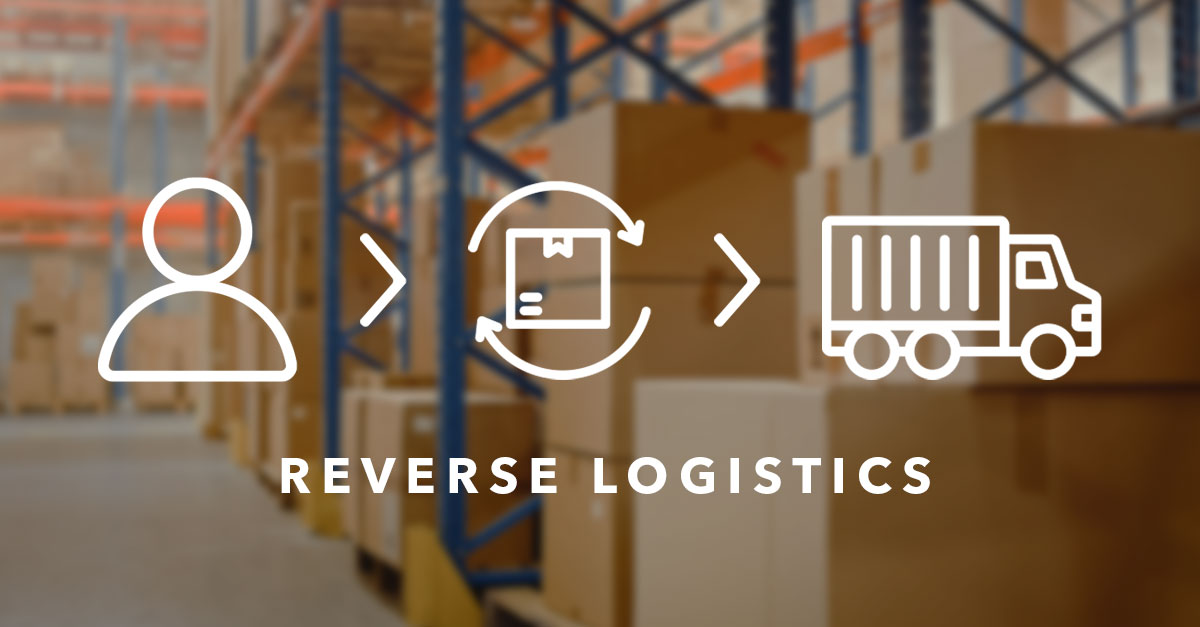Nowadays, efficiency and sustainability are key elements in any supply chain. This is why an increasingly relevant concept has emerged in the business world: reverse logistics. Although it may seem an unfamiliar term to some, reverse logistics plays a fundamental role in optimising the flow of products in the opposite direction, from the end consumer to the point of origin.
Reverse logistics, also known as reverse logistics or retro-logistics, encompasses all operations that take place after the sale of a product. Unlike conventional logistics, which focuses on the movement of products from manufacturers to consumers, reverse logistics deals with the reverse process.
Operinter, a 360º international logistics operator, has the infrastructures and knowledge to help design the integral logistics necessary for each e-commerce. Reverse logistics is one of the biggest challenges for the proper functioning of this type of commerce. For this reason, the company offers you its entire team of professionals to carry out this process in a simple and efficient way.
Key characteristics of reverse logistics
This type of activity aims to exploit the residual value of products, minimise environmental impact and comply with regulations. Some key characteristics of reverse logistics are as follows:
– Returns and refunds: An essential part of reverse logistics is managing product returns. Whether due to customer dissatisfaction, defective products or delivery errors, companies must establish an efficient system for receiving and processing these returns, ensuring appropriate refunds or replacements.
– Repairs and reconditioning: In many cases, products can be treated for resale. Reverse logistics manages these processes, coordinating the collection, repair and reintroduction of products into the supply chain.
– Recycling and proper disposal: Sustainability plays an increasingly important role in reverse logistics. This discipline is concerned with ensuring that end-of-life products are properly recycled, minimising environmental impact. This can include product dismantling, material recovery and responsible recycling.
– Reuse and redistribution: Instead of discarding products, reverse logistics seeks to put them to a new use in a different place. This involves managing channels to give products a second life, either through second-hand sales, donations or redistribution in the supply chain.
– Cost optimisation and efficiency: Reverse logistics allows companies to optimise their profits and improve reverse product handling. By establishing efficient processes and reducing waste, significant savings in operating costs can be achieved.
A more efficient and sustainable supply chain
New consumer buying habits demand ever quicker delivery times and impeccable handling of transport and distribution of goods. In this context, reverse logistics becomes essential to ensure efficiency and sustainability in supply chain management. Through a strategic approach, it is possible to streamline the process of returning and replacing products, optimising response times and minimising the environmental footprint.
Operinter’s commitment to sustainability and care for the environment encourages the development and promotion of this type of practice within the logistics industry. In addition, its qualified professionals and the implementation of advanced technologies allow the company to be a perfect ally to offer quality reverse logistics.
